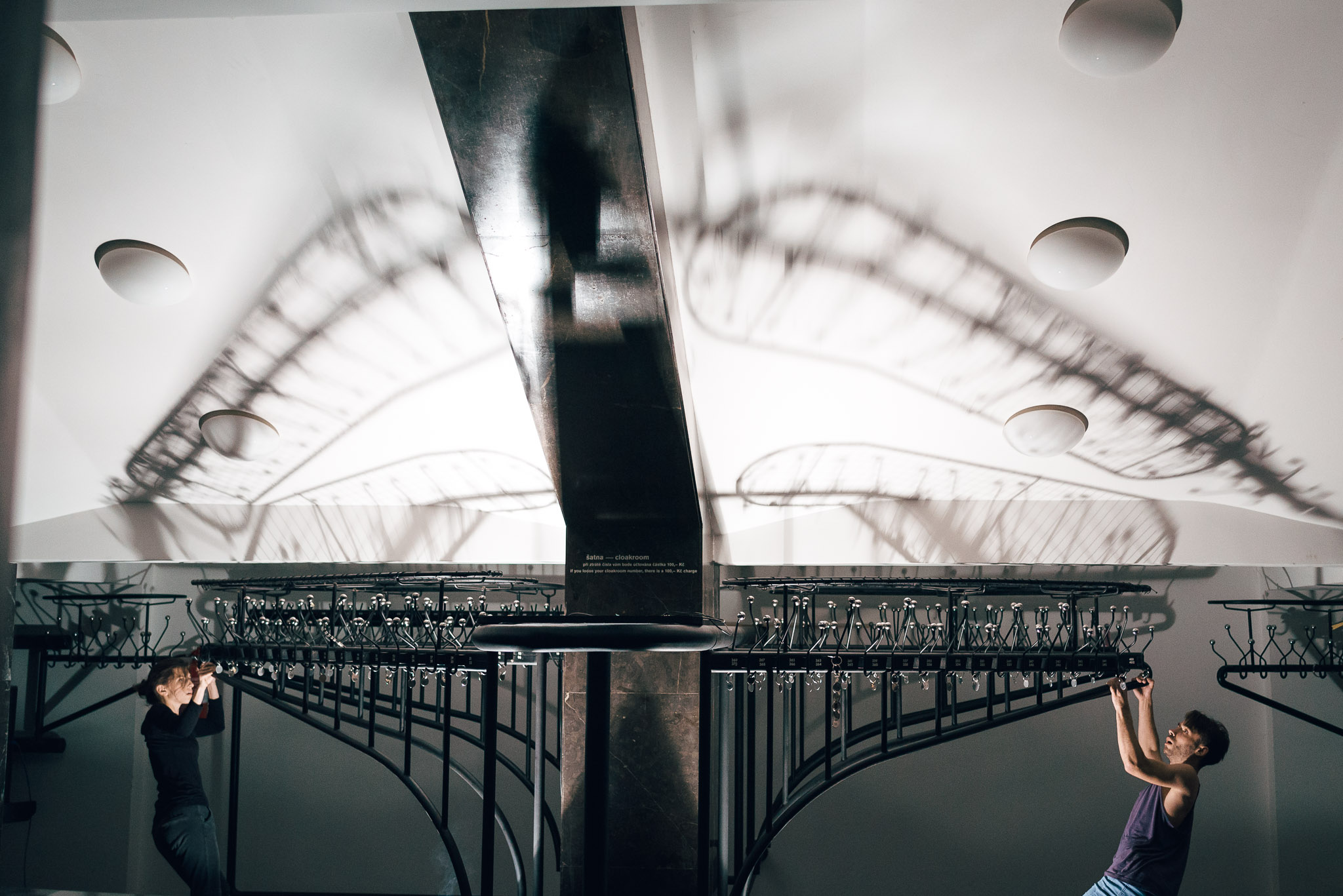Prague’s Archa Theatre, as audiences have known it for almost thirty years, will be transformed in 2024. A new team is about to enter the Na Poříčí building. Based on a proposal by the current director Ondřej Hrab, the theatre’s board of trustees approached the co-founder and director of Jatek78 Štěpán Kubišta this spring. He presented a concept with the working title G.O.A.T., which has the ambition to target a young audience. The council has already encouraged Kubišta to prepare a grant application for 2024-2027. If the grant funds are awarded, the process of rebranding the theatre will begin next year.
“Ondřej Hrab and the team of the Archa Theatre have been bringing important foreign projects and Czech collaborations to Prague for decades and have managed to create legendary spaces in the Na Poříčí house where Prague residents and visitors have come to expand their cultural horizons. I am glad that the cultural content of these spaces will be preserved and I look forward to new projects by Štěpán Kubišta and his team. I believe that they will create an essential cultural centre for young people, which is noticeably missing in Prague,” says Hana Třeštíková, Councillor for Culture and Tourism.
The current concept of the Archa Theatre will come to an end in December 2023. The attractive programme will culminate in a season of The Cornerstones of the Future, dedicated to local and international artists who form the essential profile of the Archa’s dramaturgy. It has become synonymous with progressive trends in contemporary performing arts.
“It’s time for a change. In the three decades of its existence, the Archa Theatre has expanded widely across all areas of theatre, dance and music, and has continuously introduced Czech audiences to artists who are pushing the boundaries of contemporary art. At the same time, the Archa is dedicated to projects that place equal emphasis on the social and artistic function of theatre,” says the theatre’s director Ondřej Hrab. “My vision of the theatre under the Archa brand has laid a solid foundation for the presentation and creation of new works of contemporary performing arts not only in this country, but also internationally. The vision remains with me and is not necessarily tied to the Na Poříčí premises in the future,” adds Hrab.
The plan for the theatre’s transformation is based on foreign experience. The decision to change was made well in advance so that everything could be prepared well.
The new project with the working title G.O.A.T. has the ambition to fill a space that is neglected in the current theatre offer. Namely, to create cultural content that would engage young audiences aged 15 to 25 and draw them into the process of its creation. “We want to create theatre for young audiences – the kind of theatre that young people will actually go to, that will reach them, draw them in and keep their interest. A place that will inspire and educate through themes that shape, or should shape, the young public, that finds ways to motivate, inspire and engage them so that they grow into a confident cultural population with an interest in the world around them,” Kubišta says.
In addition, he believes that there is a fundamental lack of offerings in Prague that would target young audiences and be attractive to them. “We want to create a cultural-media house with an emphasis on theatre, which would also be a multifunctional cultural facility as a meeting place – a hub, a space that will be a social laboratory where artists can create and experiment with their own work. We are looking for ways to introduce theatre as a form to them in a way that will capture their interest. That’s why we propose to put together a project that cleverly connects themes and tools that can communicate these themes well to a young audience,” he concludes.
Starting in 2024, Ondřej Hrab and Jana Svobodová, under the new name Archa Institut, will be working on projects at home and abroad that combine education and documentary theatre. “Moreover, some projects could continue our cooperation. It would not be prudent to end something that works,” Kubišta explains.

